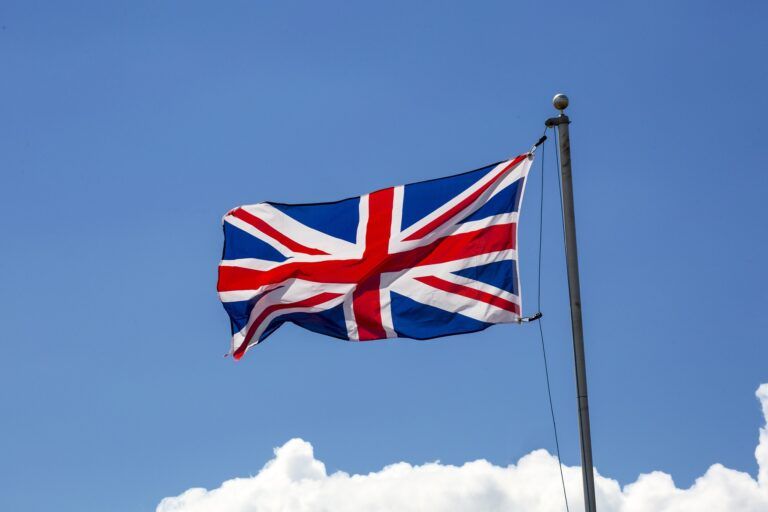Britain breeching the UN Conventions on the Rights of the Child by strip searching children

According to Article 1 of the Universal Declaration of Human Rights, ‘all human beings are born free and equal in dignity and rights.” If there is one country that has a good international record of upholding human rights, the UK would certainly qualify for such an accolade. Indeed, the UK is often seen as a model of democracy and fairness. Many aspects of its parliamentary system of politics are practised by many nations all over the world. How strange it must seem, therefore, for us to question an aspect of policing of children in the UK. It seems children’s rights are being abused by the police with regard to the way in which they carry out strip searching.
The United Nations Conventions on the Rights of the Child was signed in November 1989 and covers people under the age of eighteen. Some of its core principles include: to do what is best for the children; ensure there is no discrimination based on their ethnicity or race; what they think; what they believe; their gender or disabilities. In short, the rights of children under the age of eighteen should be respected. Strip searching, as employed by the police, is the act of searching a person for concealed weapons or illegal items either in or on their body or inside their clothing, thereby requiring the person to remove some or all of their clothing. The use of strip searching is, in itself, not the major issue. If police genuinely believe a young person is carrying or concealing an illegal item, they have the right to search for it. The question is, how?
Numerous news agencies in the UK reported recently that some 650 children aged 10 to 17 were strip searched between 2018 and 2020. Dame Rachel de Souza, the Children’s Commissioner for England, said she was ‘deeply shocked’ that so many youngsters had been searched in this way. A strip search might involve the searching of a child’s ‘most intimate parts’. According to de Souza, ‘for any child, such experiences would be traumatic and concerning’. What is particularly worrying is that 58 per cent of children strip-searched over the two-year period were Black, despite just 19 per cent of 10-17 year-olds in the UK capital being from this ethnic group. It was also reported that in nearly a quarter of cases the searches took place without the presence of a third adult.
According to the London Metropolitan Police, strip searches are not being carried out ‘as a punitive measure’ but as a safeguarding procedure to protect not only officers working in our custody suites, but individuals coming into custody and those already detained’ and are also a vital power used to identify and seize evidence. While it may be a useful way of finding illegal items, when it comes to children, it appears their rights are being abused. In the UK, it is a legal requirement for an appropriate adult to be present during the strip search of a child, except in urgent situations. How ‘urgent situations’ are defined is another issue for debate. The fact that a watchdog investigation found that the London Metropolitan Police were strip searching children in cases that were not fully justified is particularly worrying.
There are two points that need to be emphasised. The first is the disproportionate number of Black children, particularly boys, who are being stripped search. The second is that in many cases, no third adult is present when these searches occur. This makes a mockery of the United Nations Convention on the Rights of the Child. In both instances, children’s rights are not being respected. In many of these cases, local demonstrators focus on criticising the local police, but perhaps the issue needs to be examined not only as local crimes but as international breaches of human rights as part of a world-wide campaign for children’s rights.
Tony Talburt is a Senior Lecturer at Birmingham City University in the UK.






